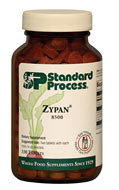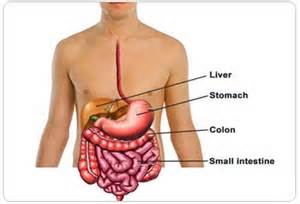Crohn's Disease

|
or you can choose to stay well.” Wayne Dyer |
Crohn's disease is a chronic inflammatory disease of the intestines. It primarily causes ulcerations (breaks in the lining) of the small and large intestines, but can affect the digestive system anywhere from the mouth to the anus. Crohn's disease is related closely to another chronic inflammatory condition that involves only the colon called ulcerative colitis. Together, Crohn's disease and ulcerative colitis are frequently referred to as inflammatory bowel disease (IBD).
Siblings of affected individuals are at higher risk. Males and females are equally affected. Smokers are two times more likely to develop Crohn's disease than nonsmokers. Crohn's disease affects between 400,000 and 600,000 people in North America. Prevalence estimates for Northern Europe have ranged from 27–48 per 100,000 Crohn's disease tends to present initially in the teens and twenties, with another peak incidence in the fifties to seventies, although the disease can occur at any age. The disease was named after gastroenterologist Burrill Bernard Crohn, who, in 1932, together with two other colleagues at Mount Sinai Hospital in New York, described a series of patients with inflammation of the terminal ileum, the area most commonly affected by the illness.
Many people with Crohn's disease have symptoms for years prior to the diagnosis. The usual onset is between 15 and 30 years of age, but can occur at any age. Because of the 'patchy' nature of the gastrointestinal disease and the depth of tissue involvement, initial symptoms can be more subtle than those of ulcerative colitis. People with Crohn's disease experience chronic recurring periods of flare-ups and remission.
- What causes of Crohn's disease
- What are the symptoms of Crohn's disease?
- Connection between immune system and crohn’s disease
- How Crohn's disease affects the intestines
- 8 steps that naturally prevent and improve your crohn’s disease











